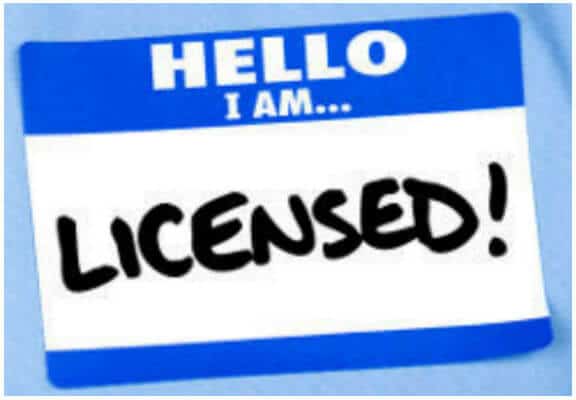Immigration Consultants and Ghosts in Canada
 Photo Credit: https://cacm.acm.org/magazines/2014/7/176209-licensing-professional-software-engineers/abstract
Photo Credit: https://cacm.acm.org/magazines/2014/7/176209-licensing-professional-software-engineers/abstract
Unlicensed consultants – or “ghost” consultants – cause problems to the immigration system because they tend to encourage their clients to lie on their applications. They offer to fill out forms (without talking to the client), create required documents (such as school papers), create bogus offers of employment, or fabricate marriages. Sometimes applicants are “in” on the fraud, and other times they have no idea what is going on (as far as they’re concerned, they’re just applying for a visa and this is a legitimate local businessperson). The difficulty is trying to protect the latter group from going to a ghost consultant in the first place, and punish the former group for damaging the integrity of the system.
The problem stubbornly persists. Part of this problem is a lack of investigative resources on the part of the CBSA (Canada Border Services Agency – the agency tasked with immigration enforcement). In a report to Parliament, Jennifer Lutfallah from the CBSA added that awareness campaigns about unregulated consultants are, after “criminal investigations … the only mechanism we have for enforcement.” Thus, given the expense of such criminal investigations, Canada Border Services Agency only pursues cases where more than one case has been improperly processed by a Ghost Consultant.
The effectiveness of Awareness campaigns are perhaps analogous to the Public Service Announcements of the 1970s, which unintentionally encourage opposite behaviour. The CBSA website is vague on the phenomenon of ghosts who counsel persons to lie on an application. In the immigration context, there is an utter lack of acknowledgement of the problem; nowhere on the CIC (or now, IRCC) website is there a reference to Ghost Consultants. I’ve also written before that the CIC website actively encourages persons without a lawyer or consulting license to provide immigration services.
Further, IRCC often fails to differentiate between the services offered by an authorized immigration lawyer and criminals. On IRCC’s website, IRCC advises individuals on their website that “[i]f [they] follow the instructions in the application guide, [they] can complete the application form and submit it on [their] own.” This may be true for some applications, where the applicant obviously and unambiguously meets the criteria of a popular immigration program. In other cases, where the applicant’s eligibility is unclear, then the instructions will only provide enough information to be refused. And some applications, such as criminal rehabilitation, humanitarian and compassionate (H&C) applications, or self-employed applications offer little to no instructions beyond the minimum required to be considered complete, and no information on what the actual criteria for acceptance is. The difference is that an immigration lawyer will help you present the truth of your case such that ambiguities can be adequately explained, while a Ghost Consultant will ignore it entirely and create a fictional account.
Ghost consultants rely on their victim’s combination of desire to come to Canada and ignorance of the process. Some visa seekers victimized by Ghost Consultants are retained by individuals who are too language deficient (or blamelessly ignorant) to invest in a regulated immigration consultant or a licensed Canadian Immigration Lawyer. Others are victimized by private schools for international students; such schools have a financial incentive to market themselves as part of a pathway to permanent residency, sometimes wrongly.
One recommendation from the Parliamentary Committee includes giving an option for a candidate whose application was discovered to have been processed by a Ghost Consultant, an opportunity to retain a licensed lawyer or other representative. Such a recommendation may protect applicants who were unaware of the distinction between a Ghost Consultant and licensed consultant.
I was the lead counsel on a matter where individuals used clerical services and were wrongfully determined to have used a ghost consultant. In that case, significant resources were poured into an investigation that meant to punish immigration applicants rather than the individuals who were allegedly acting as Ghost Consultants. After the expense of a successful Federal Court case, the candidates were successful; their cases shall now be reassessed by a different visa officer.
If seeking advice about applying for a visa, feel free to contact Chaudhary Law Office; we’re licensed Canadian lawyers by the Law Society of Upper Canada.
